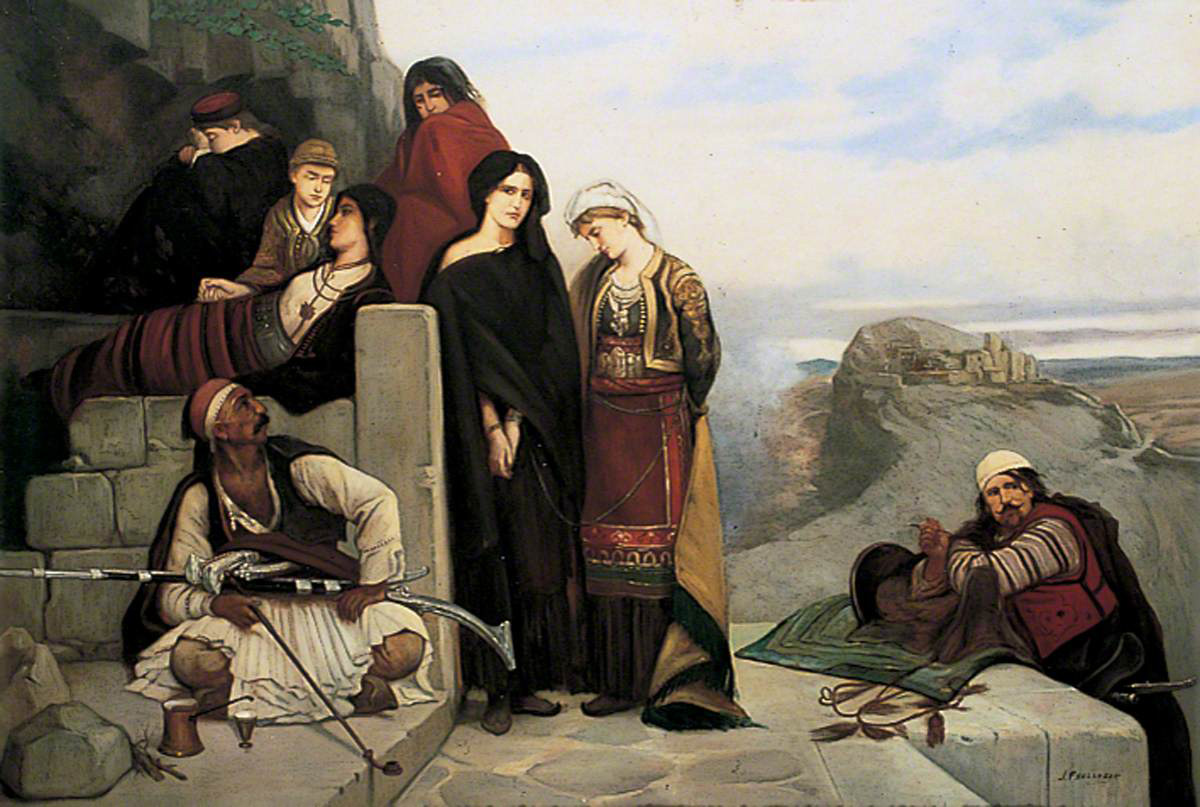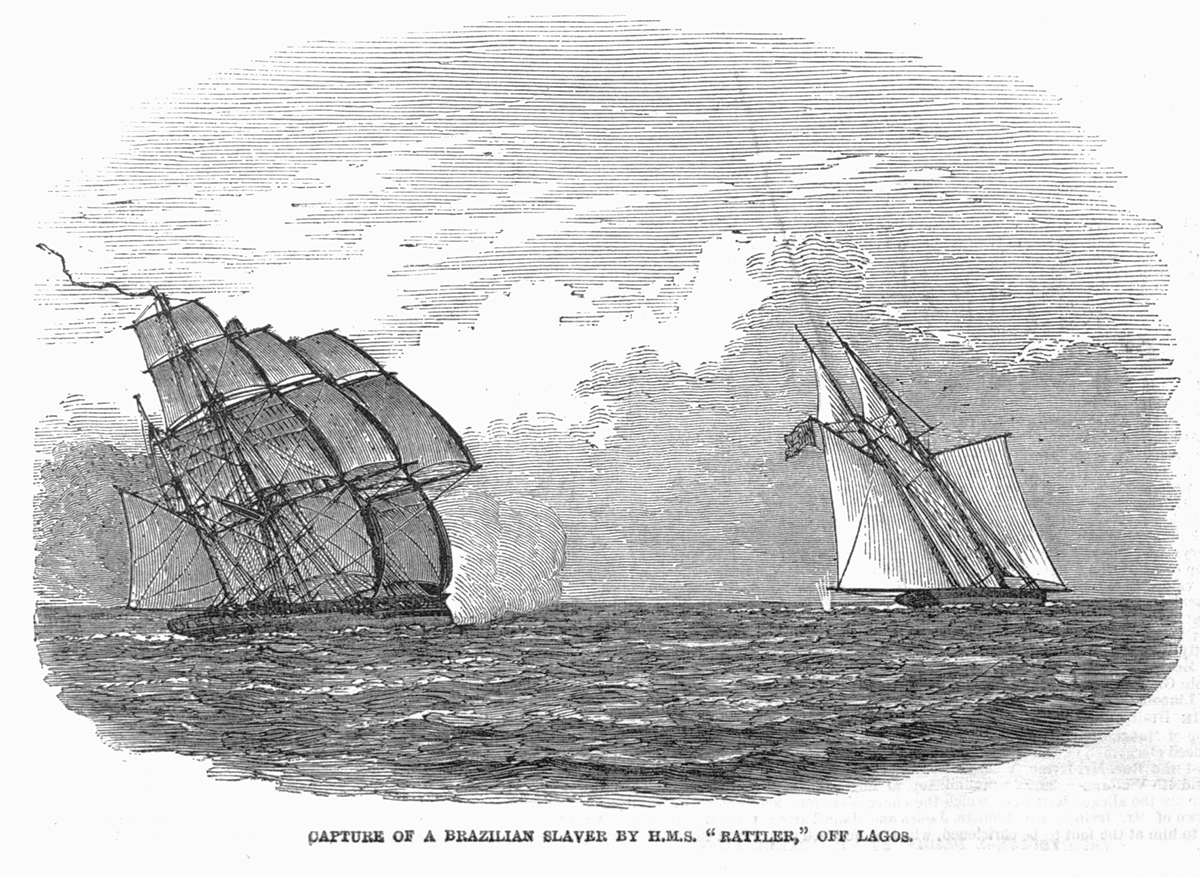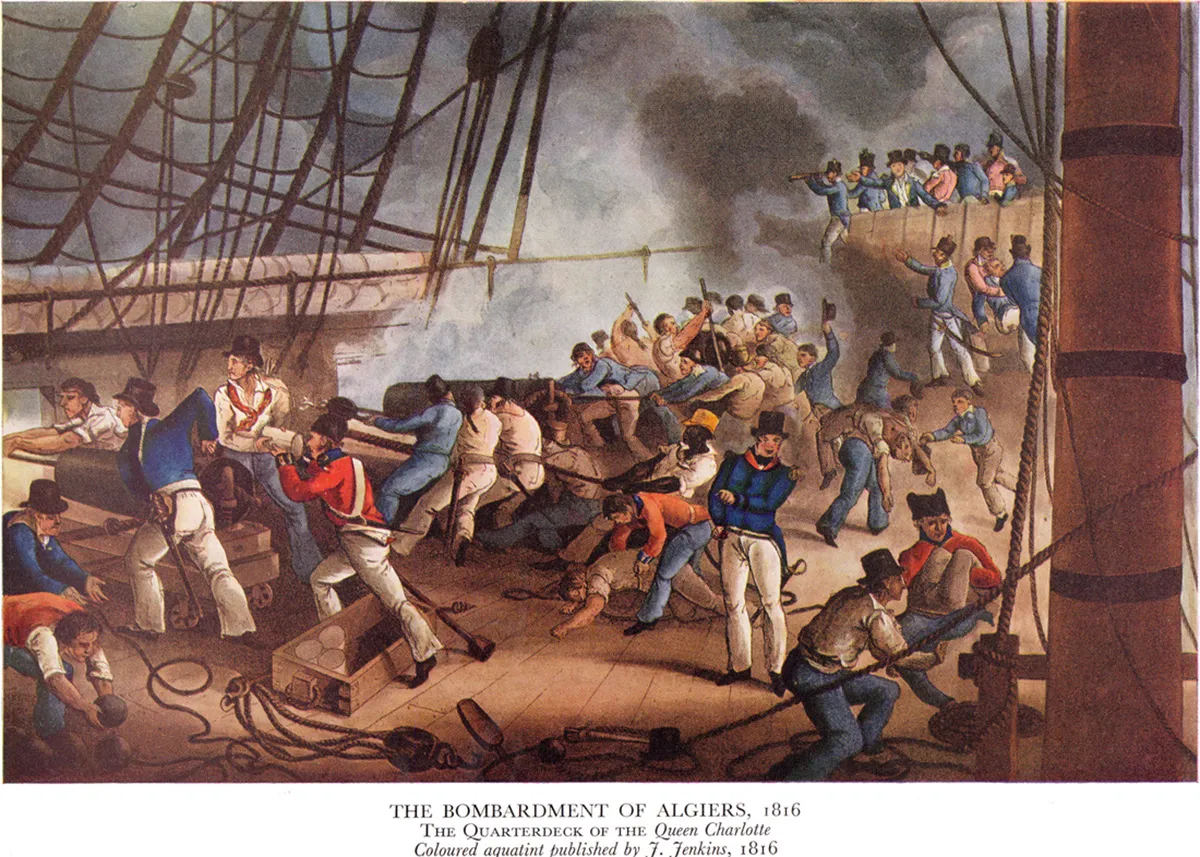Table of Contents
If you were to believe the lying narrative of ignorant BLM goons, slavery was only ever perpetrated by white people, against black. This is a lie, of course.
In fact, white people have every reason to be proud of their ancestors and the fight they lead to stamp out the vile trade in human flesh which had been the norm for millennia – and almost overwhelmingly practised by the supposedly sainted “people of colour”.
As Gavin McInnes says of the West, “We were the last to take up slavery and the first to stamp it out”. Britain, in particular, can hold its head high for its leading role in finally ending slavery as an institution.
Despite all the criticism seemingly endlessly repeated today, we British actually have many, many reasons to be proud of our history and of what ends we used our power to purpose. Notably so in our leading role in ending first the international slave trade and then slavery around the world. For over a century, Britain stood at the forefront of the push to end both, using much effort, losing many lives, spending much money, and exerting much diplomatic pressure to achieve these goals. Yet, you would not know it today from the narrative from campaigners and activists keen to denigrate Britain’s history and to destroy our sense of identity in and through it.
Stopping first the slave trade and then slavery in British colonies was but a prelude to vigorous action against them elsewhere. In 1807, when Britain was in a difficult war with France, two warships were still sent to African waters in order to begin the campaign against the slave trade.
Certainly, British interests had previously profited greatly from the slave trade – but the reality is that the British trade was dwarfed by the intra-African and Middle-Eastern slave trade. For all the black slaves who were sent across the Atlantic – only a tiny minority of them to the United States – as many or more white slaves were dragged south from Europe, in chains to North Africa. Sexual slavery was the particular hallmark of the Arab slave-trade.

The first overseas American war was fought to put an end to the white slavery of the Barbary Corsairs. But by far the leading action to stamp out slavery altogether was that of the Royal Navy.
The Royal Navy first took on Algiers, freeing thousands of Spanish and Italian slaves. Their next target was the Ottoman-Egyptian fleet. Greece was freed from the Ottomans, depriving the Muslim empire of its ability to enslave Greeks.
The most important active British anti-slavery naval force, however, in the first half of the nineteenth century, was that based in West Africa which freed slaves and took them to Freetown in Sierra Leone, a British colony founded for free black people. They could not be returned to their homes, as they would only be captured anew by fellow Africans and sold as slaves. Indeed, in 1862, Viscount Palmerston, the Prime Minister, observed:
Half the evil has been done by the time the slaves are captured in the American waters. The razzia [devastating raid] has been made in Africa, the village has been burnt, the old people and infants have been murdered, the young and the middle aged have been torn from their homes and sent to sea.
Royal Navy action in the 1830s helped reduce the flow of slaves from the Bight of Biafra. From Cape Town, the Navy patrolled southern waters in order to enforce the outlawing of the slave trade to Brazil; the largest slave market in the southern hemisphere was ended. The Navy also took on the slave ships in the Caribbean. Following the 1845 Slave Trade Act, British warships captured nearly 400 slave ships in five years.
Later, the British pursued Arab slavers in the Indian Ocean. Muslim rulers were, one by one, pressured to ending slavery (although some, such as Mauritania, persisted with the practice well into the 20th century). The Royal Navy was still in action against slavers in the Red Sea in the 1920s.
That was a great achievement of imperial Britain, and Britain today remains a key state in the suppression of this vile trade in human misery.

The Royal Navy’s commitment to destroying slavery cost nearly 20,000 British lives. In difficult waters and facing devastating losses from tropical disease, officers and men dedicated themselves to the hard task of weaning the non-West off its longstanding addiction to slavery.
So, when the BLM troglodytes grunt and gibber about “reparations”, maybe Britain and America should send them bill for the century of blood and treasure spilt by Europeans to free “people of colour” from the other people of colour who persisted in enslaving them.
If you enjoyed this BFD article please consider sharing it with your friends.









